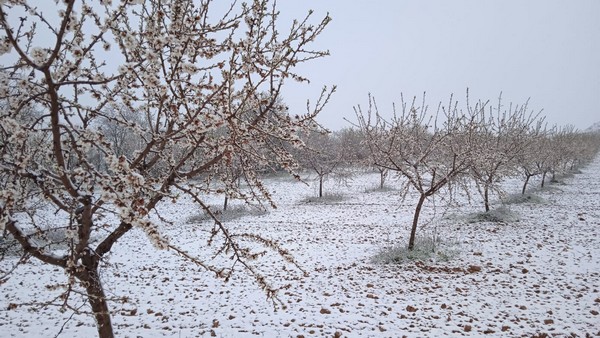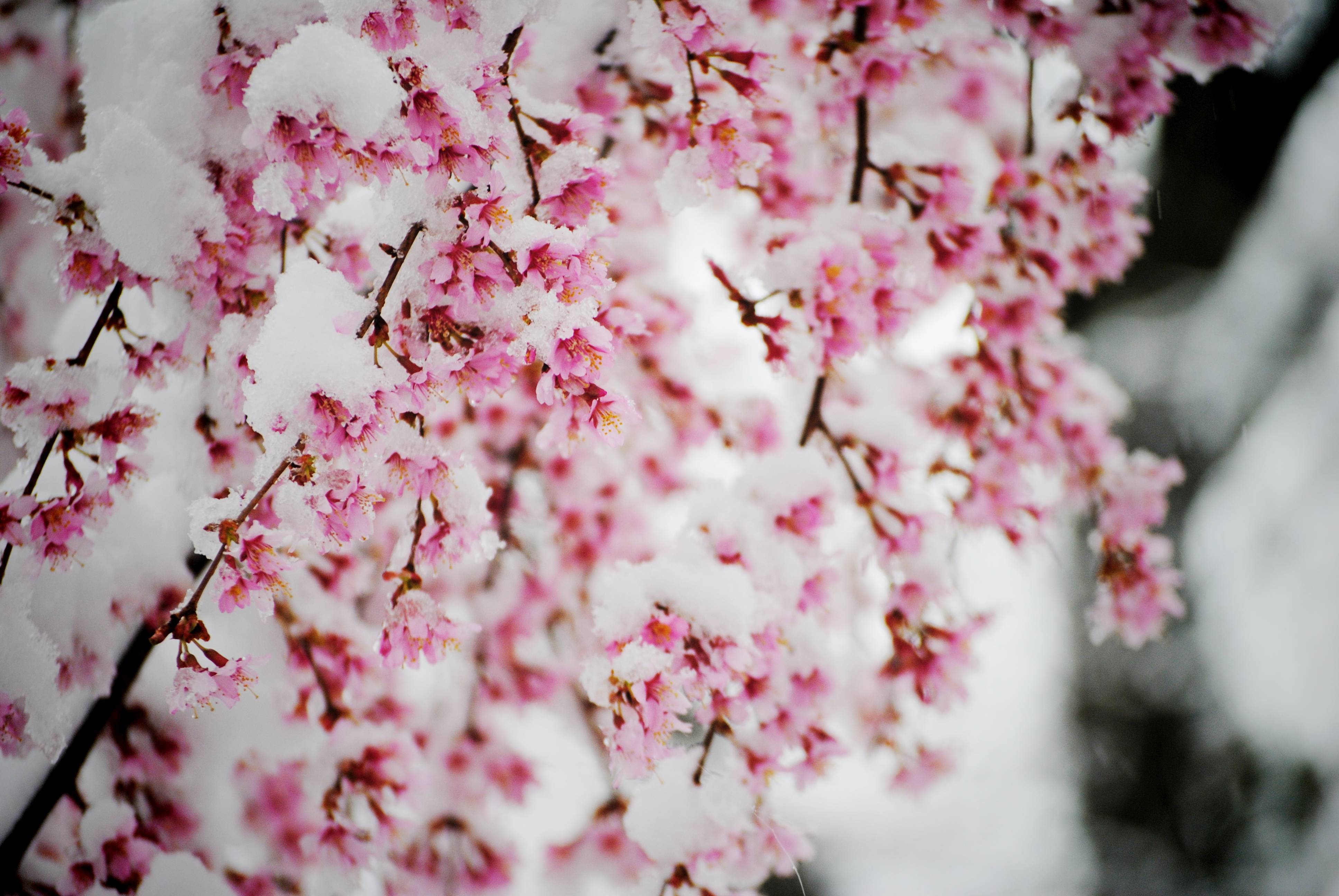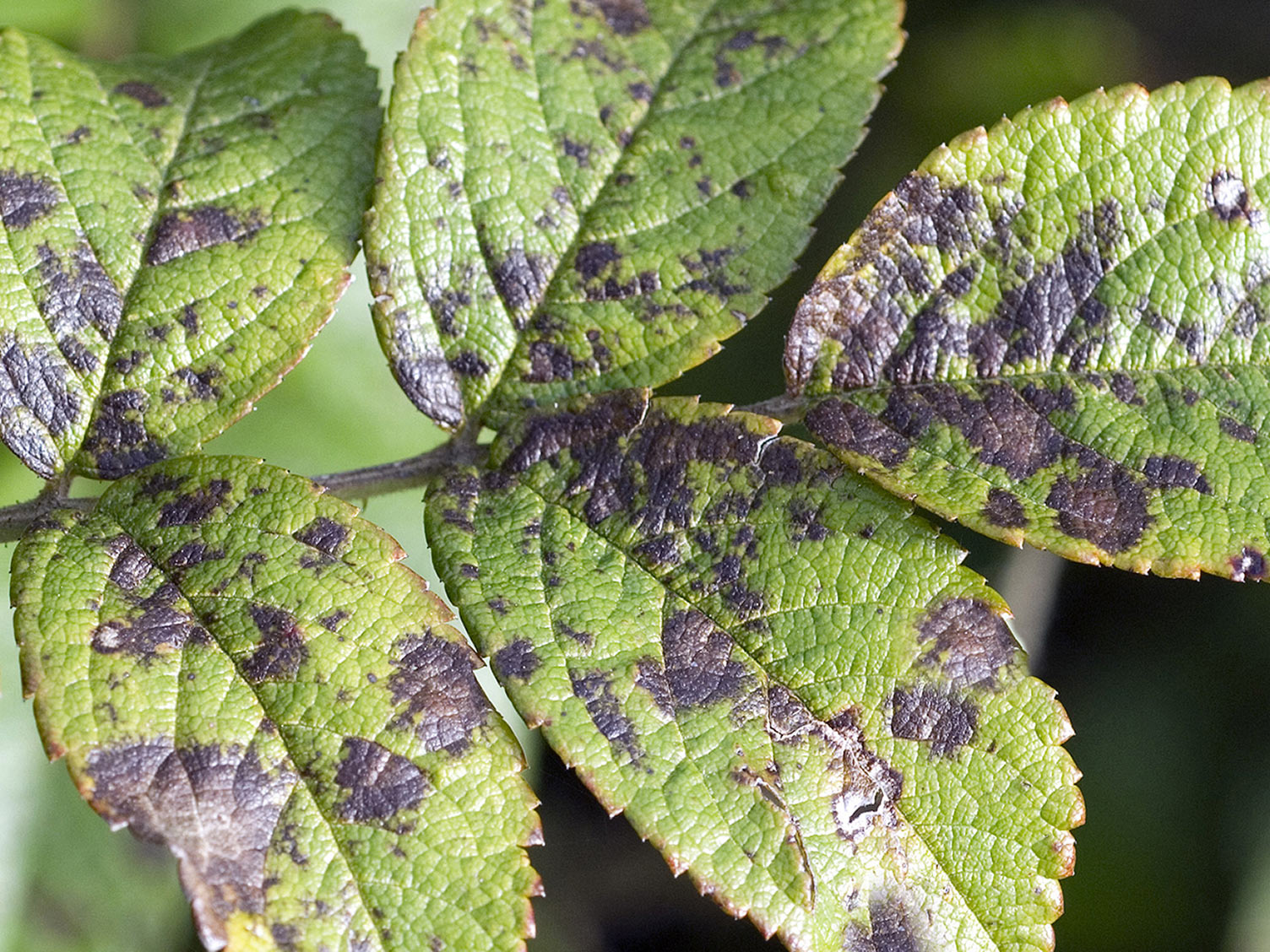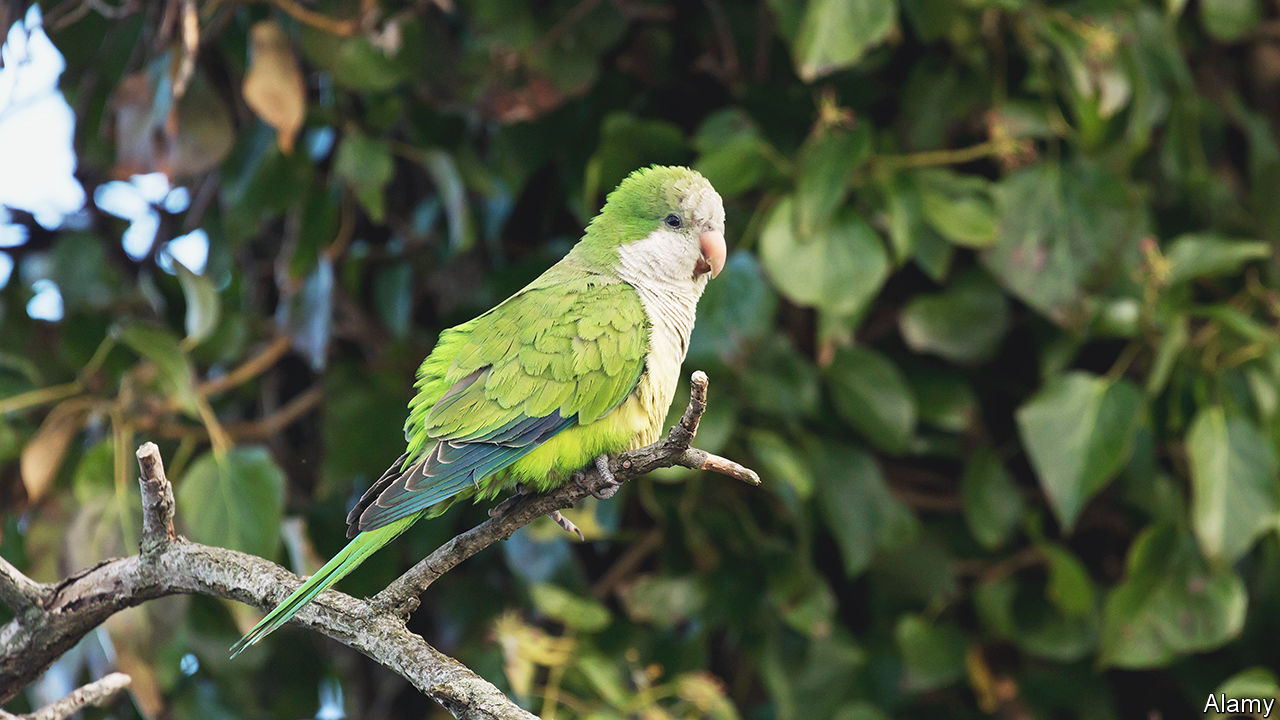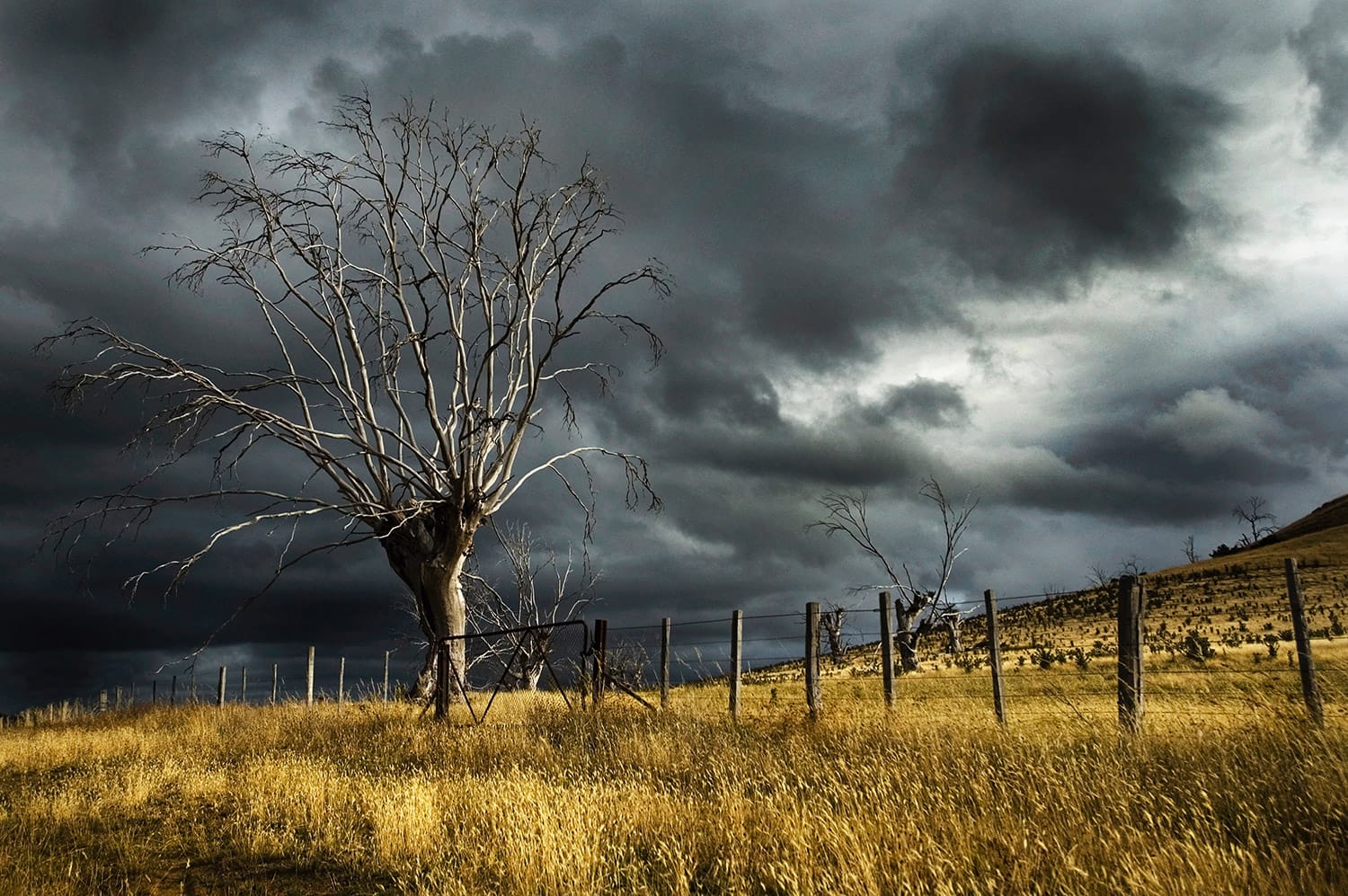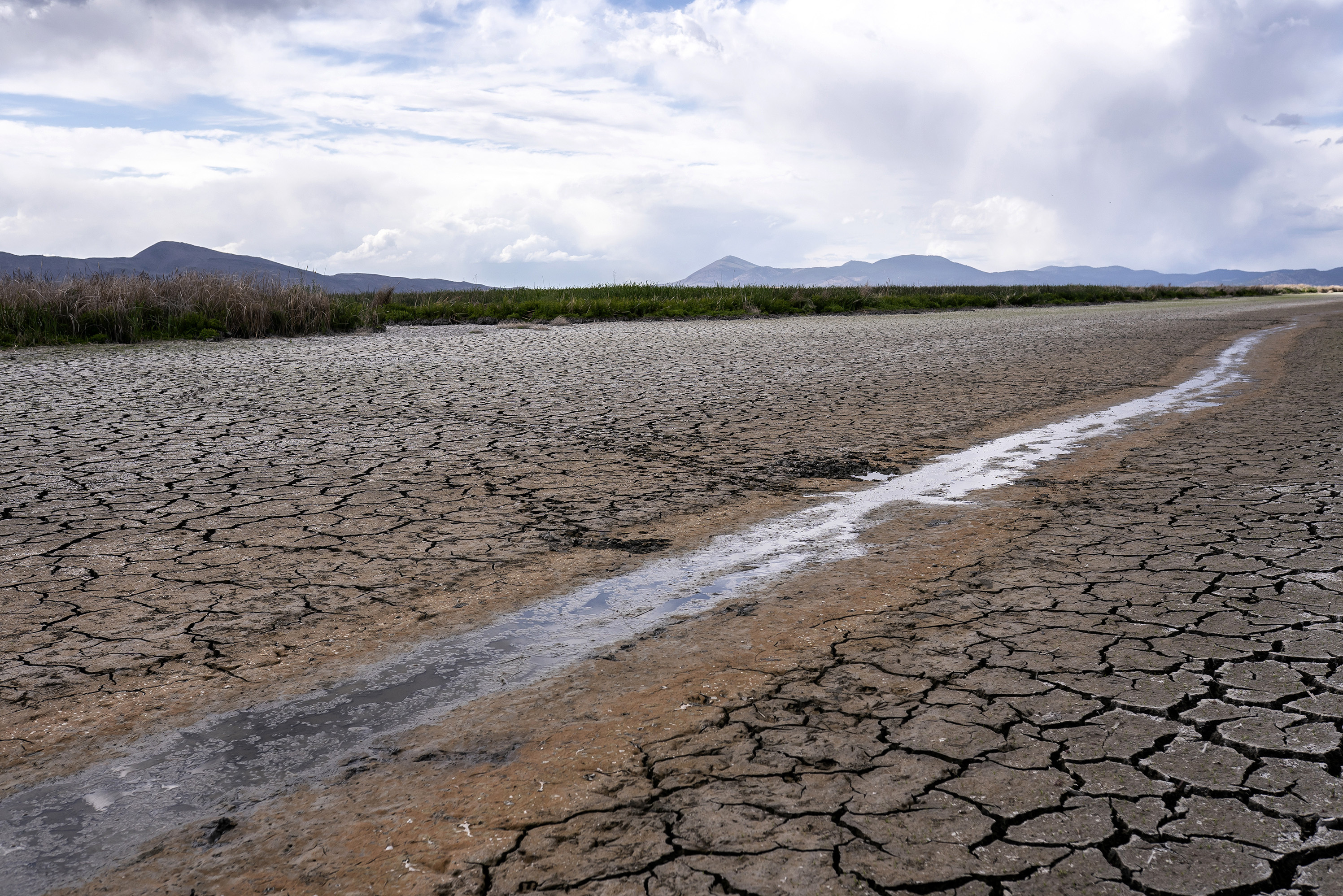Lebanese farmers were already reeling from the country's economic collapse. The two and a half month import ban on all Lebanese agriculture imposed by Saudi Arabia could decimate whatever is left of the barely surviving industry.
Lebanon may be small compared to other countries in the Middle East, but because of its geography, climate, fertile soil and average rainfall, it has the highest percentage of agricultural land in the region, at around 65% of its total area of just under 10,500 square kilometres, although around half is non-productive. The Lebanese agricultural sector had generated nearly $2 billion in revenues in 2019, with exports largely sent to the Arab Gulf states, including 22% to Saudi Arabia, 17% to Qatar and 12% to Syria.
But following the 2019 financial collapse, the Lebanese economy has contracted by about 30% since 2017 and is expected to contract further in 2022. The Lebanese lira has lost over 90% of its value to the US dollar, while food prices have increased almost ten-fold since May 2019. Cumulative inflation stands at 603% between November 2019 and November 2021. Unemployment is estimated to be over 40%, and over half of households are below the poverty line, according to the World Bank, which reported Lebanon's economic crisis ranks among the most severe episodes globally since the mid-nineteenth century.
Farmers have been hit particularly hard with the cutting off of their main export market of Saudi Arabia after the Kingdom in late October 2021 barred all Lebanese agriculture from entering its borders, citing a series of recent drug smuggling attempts, allegedly hidden in fruit and vegetable shipments. And because Lebanese trucks are not allowed to traverse Saudi Arabia's territory, their access to other Gulf markets has been severely impacted as shipments must now travel by sea, according to Ibrahim Al Tarshishi, head of the Farmers Association in the Bekaa Valley, Lebanon's main agricultural region.
According to data from the International Trade Centre, Lebanese exports to Saudi Arabia amounted to $247 million in 2020, with fruits and vegetables topping the list and worth around $36 million. The leading crops are potatoes, followed by tomatoes, cucumbers, gherkins, grapes, apples, cherries, figs, mint, coriander, parsley and radishes.
"Due to the ban, our sale prices are falling down to the ground and there are fewer customers," said George Hana Fakhry, member of the Social and Economic Council (SEC) at the General Council for Agricultural Trade Unions in Lebanon. "I had to sell my products at very low prices, often less than the cost of production," he said.
Agriculture is the second biggest employer in Lebanon following the services sector. It represents 4% of total employment in Lebanon, including nearly 64,000 workers, half of whom face dire circumstances as a direct result of the ban.
"Everything is expensive due to the collapse of the currency and now the export ban. I buy all my materials with US dollars and yet I have to sell them in Lebanese Lira," said Ali Shokor, a farmer from the Bekaa.
Most farmers are employed seasonally, mainly in the summer to cover the high cost of winter heating. "Before the ban, Lebanese merchants who export to the Gulf used to come and buy my products, but this season I have not seen any of them," Shokor said. "So I sold my products in the local market at low prices, without being able to save any money for winter. I do not know how we will make it."
Saudi-Lebanese trade iis more than 60 years old, Tarshishi said, adding: "We have inherited these markets from our parents and planned on passing them to our sons because our parents have worked so hard to build trust between us and the Saudi merchants." He said there were no alternative markets to turn to.
"We hope the Lebanese government takes some steps to solve the ban issue to go back to normal relations and to live in peace," he said. A food security crisis is looming for the country, and a collapse of the agriculture sector will only hasten its arrival, Tarshishi said.
Source - https://www.salaamgateway.com





